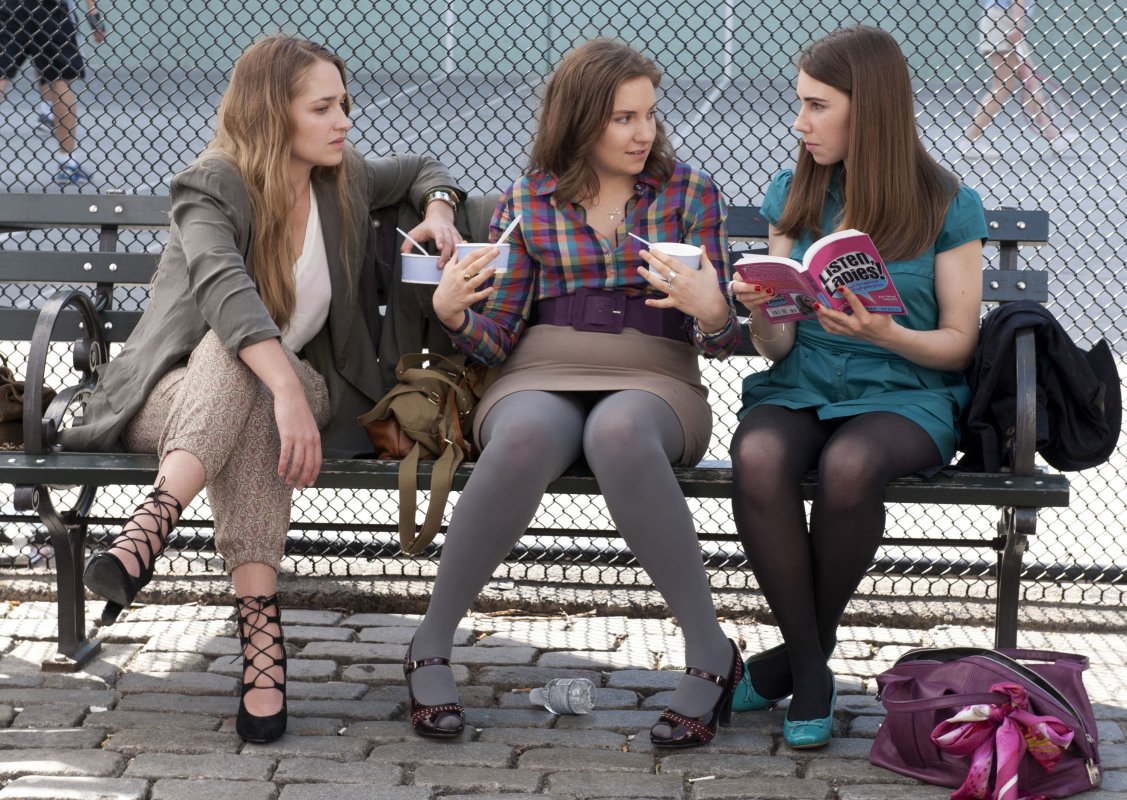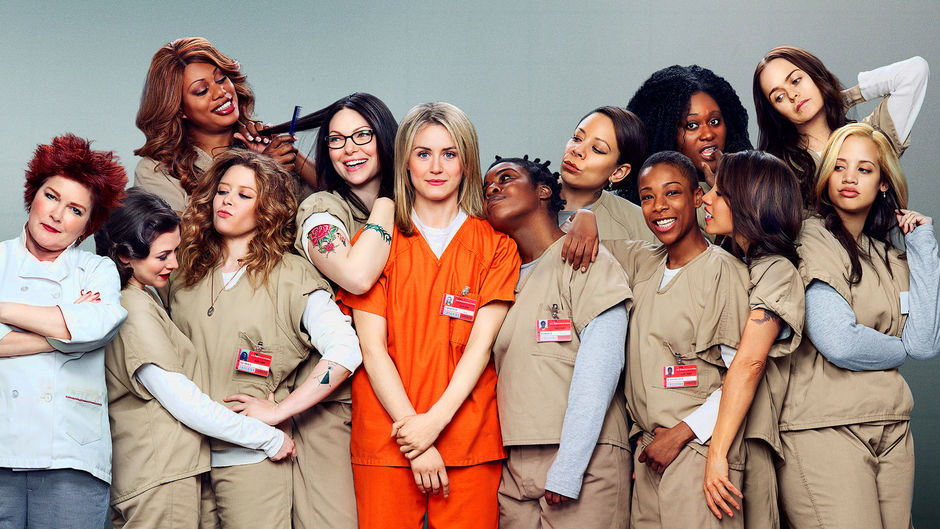For as long as we have been using promotional media we have been putting the most aesthetically perfect people on the screens to sell tickets and products, all the while creating an unrealistic standard for ‘beauty’. The film and television industry is as guilty as any other (if not more so) of promoting a body image which alienates the vast majority of society. Female body image has long been a topic of hot debate and the promoters of such standards have had no storage of criticism when casting size zero body figures in leading roles on both the big and small screen.
However, we may now be witnessing a long overdue shift in these perceptions as the success of fresh shows start to modernise female body image. With the steady decentralisation of the television market, which has been happening over the last five years, we have seen a larger range of topical narrative come to our screens and now more than ever these shows seem to be breaking away from traditional tropes. ‘Girls’ is an example of such a show; recently been renewed for a fifth season this show has tackled issues of female body image in the most down to earth way. Lena Dunham (the lead actress and creator) has based this show around the concept of ‘normality’ and in doing so has helped dispel the concept of the size zero. As one of the most popular shows on television, Girls has been described as the realistic version of Sex and the City. This show tackles topics of confusion and indecision in the city dwelling lives of four women in their mid-twenties and how love, sex, and career can all weave into a thatch work of mediocrity. The characters portrayed in this show are not some representation of the unachievable but rather an attempt at portraying the normality of everyday problems which are experienced by everyday people.
The recent success of ‘Orange Is The New Black’ is another example of a show which is portraying femininity through a wide array of differing characters. Showing life within a women’s prison, this series has been praised for resisting the unilateral approach to female body image by employing a diversified cast both visually and characteristically. The female dominated cast is an extremely rare format but one which looks to be gaining momentum and popularity in the eye of the audience.
This trend of normalisation appears to be making its way to the big screen as well with Amy Schumer’s ‘Trainwreck’ poised to draw a huge viewership during its run at the cinemas later next month. This comedy is tackling the once taboo subject of the casual sex life of single successful women and it would appear that audiences have been waiting for such topics to be accepted as mainstream conversation. This film employs a classic role reversal and is proof that generic structure is not set in stone; it evolves and shifts as cultural progression occurs.
The successful ratings figures of such productions indicate change in the wider community as well as an overall desire for perceptions to shift. The image of the feminine now more than ever is being portrayed with a complexity and diversity which is more closely connected to reality and these female dominated productions should be considered a tool for empowerment.










